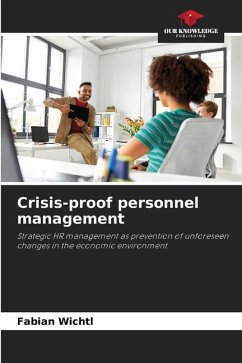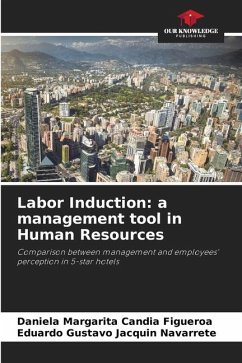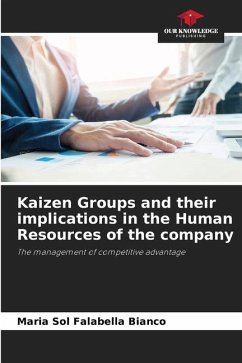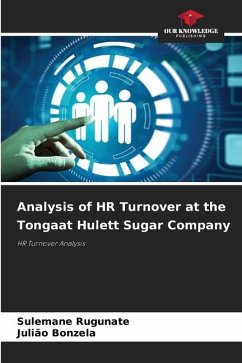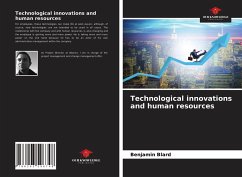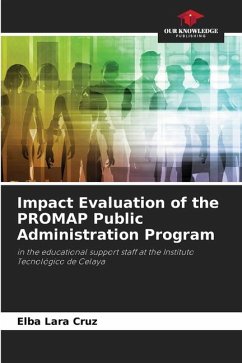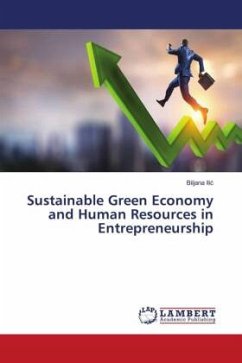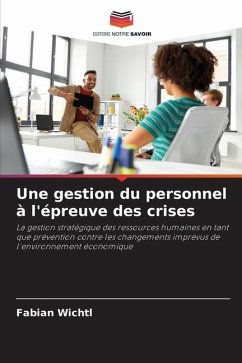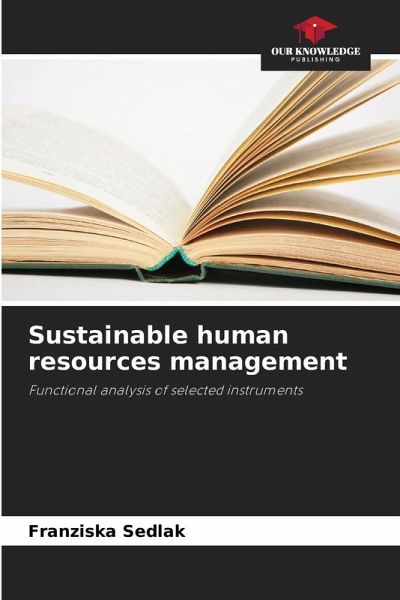
Sustainable human resources management
Functional analysis of selected instruments
Versandkostenfrei!
Versandfertig in 6-10 Tagen
24,99 €
inkl. MwSt.

PAYBACK Punkte
12 °P sammeln!
Social and economic changes such as globalisation, demographic change, changing values and tertiarisation also affect human resource management. They are leading to a further shortage of well-trained specialists and managers. These trends are the future challenge for human resource management. The resulting job profiles are characterised by a willingness to engage in lifelong learning, intercultural skills and language skills, and therefore require an interdisciplinary skill set. This development is being reinforced by the ever-faster pace of automation and digitalisation, with more and more r...
Social and economic changes such as globalisation, demographic change, changing values and tertiarisation also affect human resource management. They are leading to a further shortage of well-trained specialists and managers. These trends are the future challenge for human resource management. The resulting job profiles are characterised by a willingness to engage in lifelong learning, intercultural skills and language skills, and therefore require an interdisciplinary skill set. This development is being reinforced by the ever-faster pace of automation and digitalisation, with more and more routine tasks being outsourced. Due to the declining supply and increasing demand for high potentials, this labour market is evolving from an employer's market to an employee's market. In order to respond to these changes, companies need to further develop their human resource management towards a sustainability orientation.



